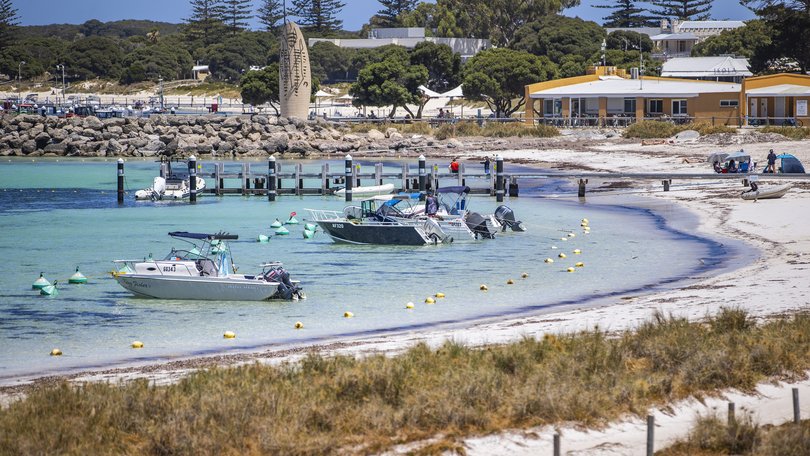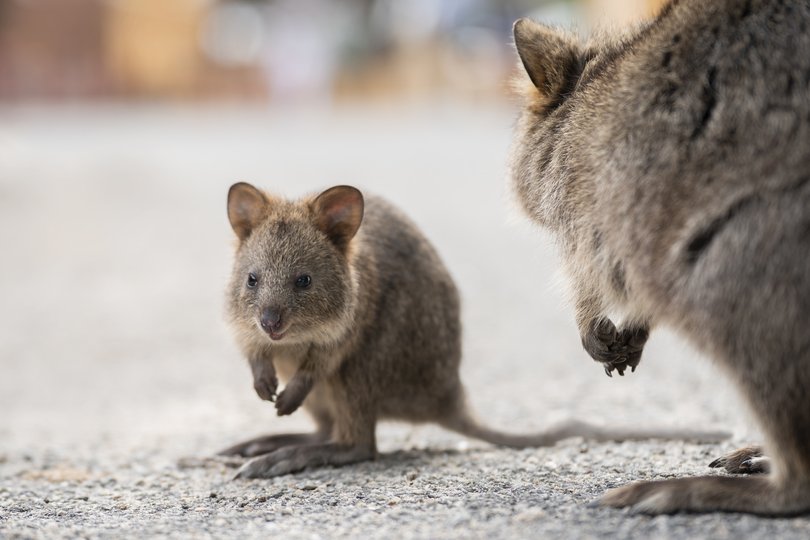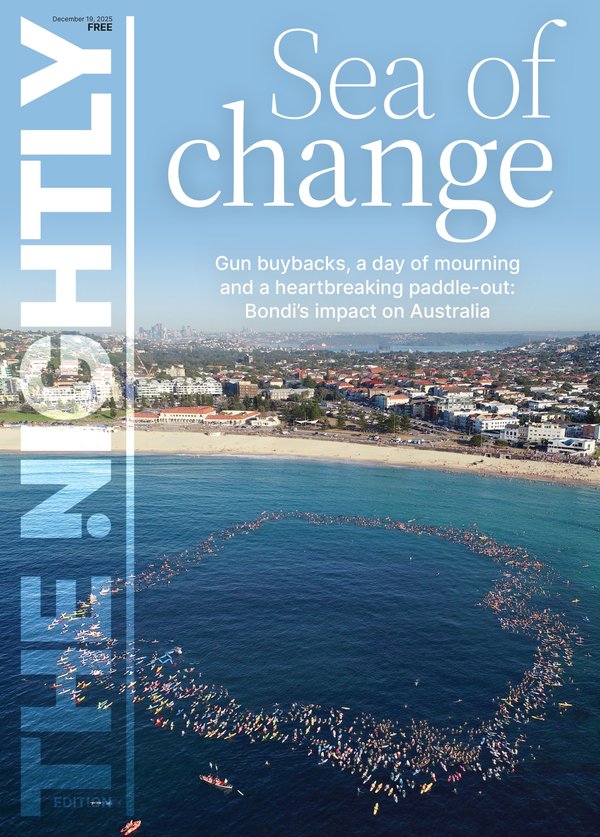Rottnest Island water in the spotlight after USA tightens rules on ‘forever chemicals’

Forever chemicals in Australian water are again in the spotlight after the United States imposed new regulations on pollutants that have been found to be cancer-causing.
The US has cut the limits of perfluorooctanoic acid and perfluorooctane sulfonate to four parts per trillion, with Australia setting limits on the chemicals at 560 and 70 parts respectively.
Analysis of water from across the country by the Sydney Morning Herald, found the chemicals had been detected in drinking water for up to 1.8 million Australians.
Sign up to The Nightly's newsletters.
Get the first look at the digital newspaper, curated daily stories and breaking headlines delivered to your inbox.
By continuing you agree to our Terms and Privacy Policy.This included detection of the 30 parts per trillion of the chemicals in May 2023 at Rottnest Island, a key tourism drawcard for Western Australia.
The chemicals — which were once used in firefighting foam and used to make items waterproof or stain-resistant — do not break down and the World Health Organisation has deemed PFOA carcinogenic and PFOS as possibly carcinogenic.
Rottnest Island Authority referred comment to a State Government spokesperson who said drinking water in WA met “rigorous standards” outlined in the Australia Drinking Water Guidelines.
“All drinking water providers in Western Australia are required to report microbiological and chemical sampling results to the Department of Health on a regular basis, and any exceedance above the Australia Drinking Water Guidelines immediately upon detection,” they said.
“Results from monitoring and testing of the drinking water network on Rottnest Island for PFAS, PFOA and PFHxS are fully compliant with the Australian Drinking Water Guidelines, as is the testing of all scheme water in Western Australia.
“The Commonwealth Government is responsible for setting the Australian Drinking Water Guidelines.”

The spokesperson said PFAS had been widely used in several commercial products, which meant it was present at sites such as airports, fuel storage depots, mine sites and fire stations.
“In 2019, the State Government undertook an investigation of PFAS in lakes and groundwater sources across Perth, which found that while PFAS compounds were detected at low concentrations in the metropolitan area, those results were within health-based guidelines and did not pose an unacceptable risk to human health,” they said.
“The State Government continues to work with the Commonwealth Government to ensure the use of PFAS is kept to a minimum where practicable and responds to any contaminations in accordance with the PFAS National Environmental Management Plan.”
UN Expert Group on Climate Change and Chemicals member Dr Mariann Lloyd-Smith told 6pr on Tuesday that Rottnest had contamination in the lake, groundwater and in sediment.
She said it was likely the contamination came from an old waste facility on the island.
Dr Lloyd-Smith said there was a “vast difference” between standards in the US and Australia because Australia had been “cavalier”.
The doctor called on Governments to sue the companies that had produced the chemicals and were aware the chemicals did not break down until they were banned in 2000.
“It’s a shocking tale of neglect. And I really hope that people of Rottnest, the people of Western Australia start screaming loudly,” she said.
Originally published on The West Australian
